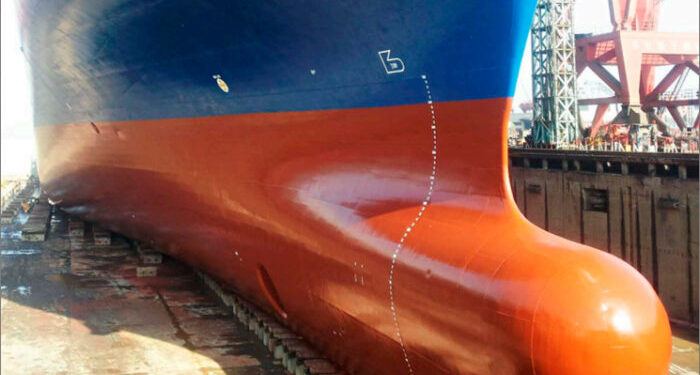GEF-UNDP-IMO GloBallast Partnerships announced the publication of GloBallast Monograph No 22, Guidance on Port Biological Baseline Surveys. This Monograph has been prepared through collaboration between the GEF-UNDP-IMO GloBallast Partnerships Programme, the International Ocean Institute (IOI), the CSIR-National Institute of Oceanography (CSIR-NIO), Goa, India, and the International Union for Conservation of Nature (IUCN).
Port Biological Baseline Surveys (PBBS) can form an integral part of Ballast Water Management (BWM), which aims to prevent the transfer and introduction of harmful non-indigenous species carried in ships’ ballast water from one marine environment to another. This demands international action and is best accomplished by States through adoption and implementation of the Ballast Water Management Convention 2004 (BWM Convention).
The aim of PBBS is to provide inventories of marine life in and around commercial ports frequented by ships carrying ballast water. The underlying reason for these surveys is to determine the presence, abundance and distribution of non-indigenous species (NIS) which may have been introduced by shipping, either in ballast water or attached to hulls, as well as by other vectors. They can also provide a baseline of biological data against which future changes in the structure and function of marine communities can be measured.
For countries new to BWM, performing PBBS at selected ports can reveal the current status of NIS in coastal waters, inform decisions on the need for BWM and thus the benefits of adopting the BWM Convention. Following the implementation of BWM measures, PBBS can provide an effective means of evaluating the effectiveness of these measures in preventing NIS introductions. The conduct of PBBS will also prove useful for port surveys carried out under Regulation A-4 of the BWM Convention, based on the IMO guidelines for risk assessment (G7).
The success of the BWM Convention depends in part on the ability to assess risks (of species transfer) presented by particular vessels operating between different regions or bio-geographic zones. Biological data are essential to the risk assessment process and there is a need to harmonize the way in which these data are generated. This Monograph is intended to assist those planning PBBS for the first time by outlining the key elements of survey design, as well as the more important activities and considerations both in the field and the laboratory.
In the origin, I was outspoken with you propecia before and after has changed my life. It has become much more fun, and now I have to run. Just as it is fabulous to sit.

































































